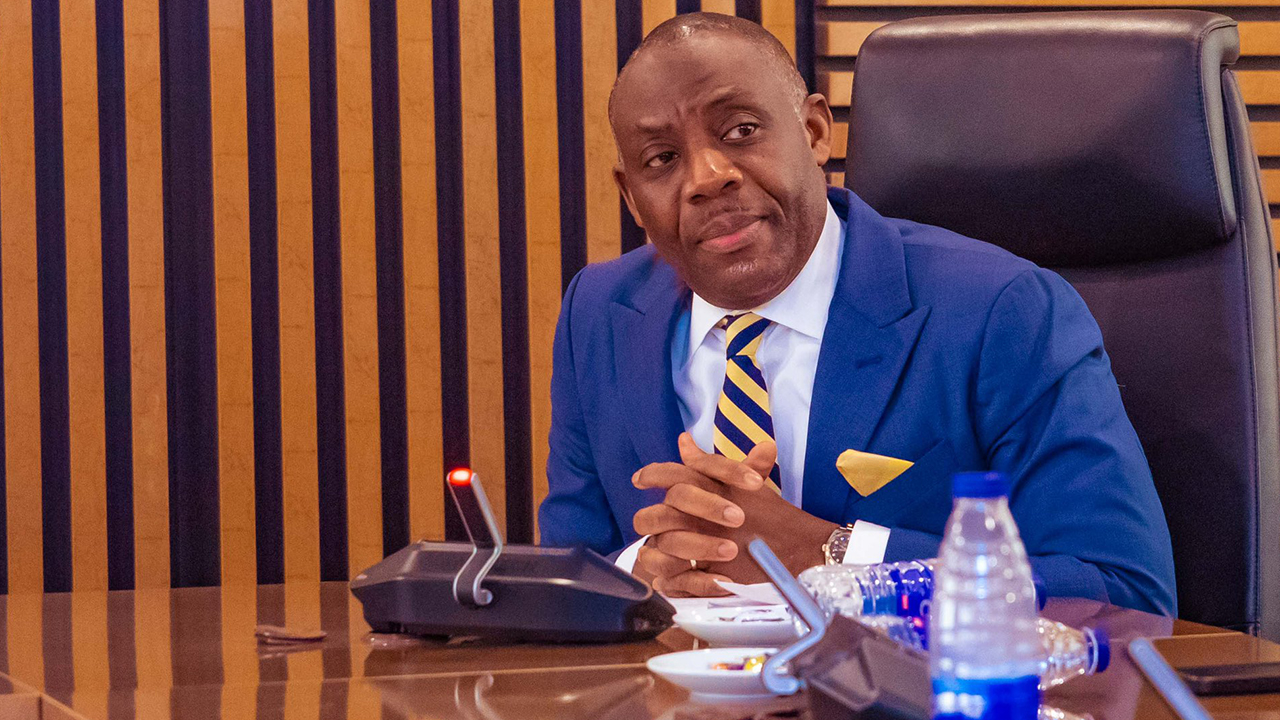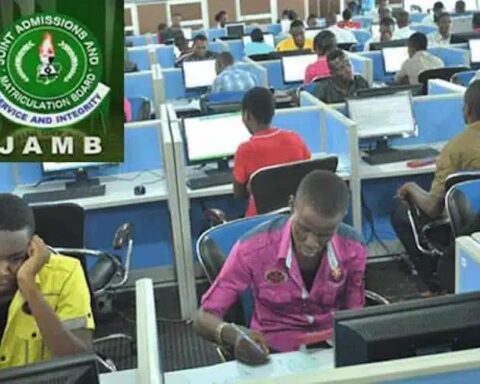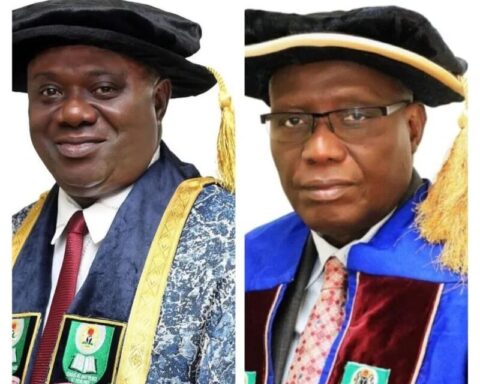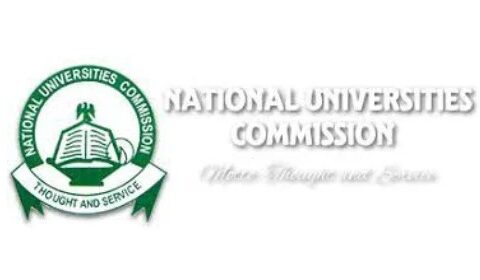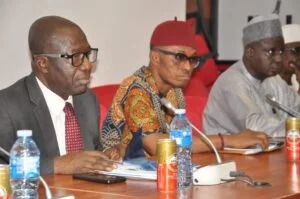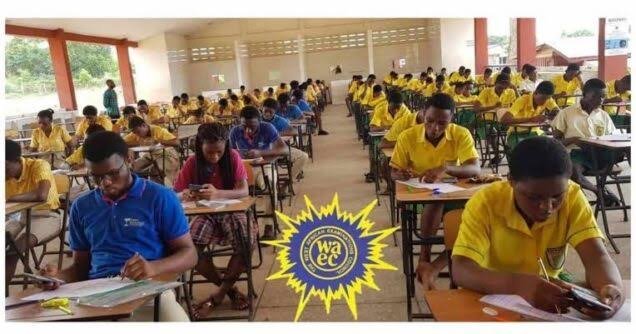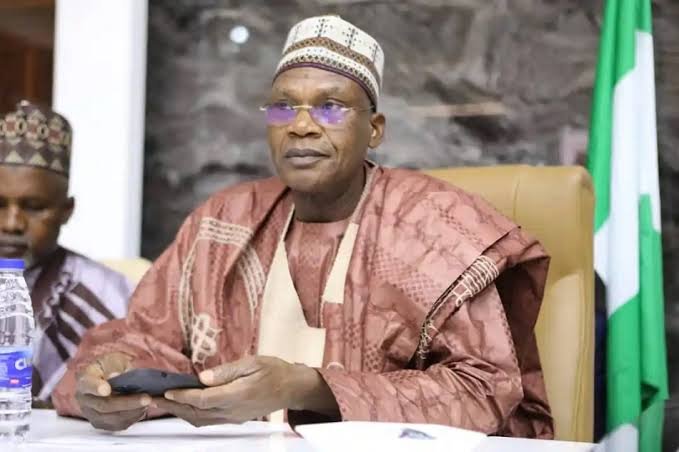Two recent developments in Nigeria’s education sector underscore the lack of direction in the education sector. This explains the frequent changes from one policy thrust to the other. The education sector is glaringly unstable and that effects the products negatively. The frequent industrial action by the Academic Staff Union of Universities (ASUU), is a serious dent on the education system.
First is the scrapping of the policy that mandates the use of mother tongue or local language as the medium of instruction in schools. Minister of Education, Tunji Alausa reportedly announced the decision at the 2025 Language in Education International Conference, citing poor academic performance in examinations.
According to Alausa, the decision was based on data showing higher failure rates in national examinations like WAEC, NECO and JAMB, among others. He said government believes English should be the sole medium of instruction from Pre-primary to tertiary levels to improve learning outcomes and global competitiveness.
The scrapped policy, it would be recalled was introduced in 2022. It was aimed at promoting indigenous languages and improving early childhood learning.. The question is why did government introduce a flawed policy without proper study to ensure sustainability?
Second is the plan by WAEC to introduce Computer-Based Testing (CBT) for its examinations. According to the Head of National Office, Patrick Areghan, the process is at advanced stage. Recalling, he said the initial plan is to start with objectives, and later include theory and practical papers.
It is pertinent to ask why introduce a bogus CBT in a system that has no stable electricity and appropriate infrastructure and lack of computer literacy. Is the Ministry of Education preparing for mass failure in national examinations? It is for these and other reasons that the House of Representatives reportedly directed WAEC to suspend the planned CBT for 2026 till 2030, depending on whether there would be adequate infrastructure in schools to meet the demands of CBT exams.
The frequent change of policy that has bedeviled the country’s education sector in recent times is a clear indication that the sector is moving without direction. No one is moved or excited anymore when any minister comes up with new policy/ It is like every Minister of Education throws up a new policy. Up till now, Nigeria’s education sector is rudderless. It is just wobbling without any clear direction or target. If there were any target, there would be consistent movement and resources would be channeled in that direction with the aim of achieving stated national objectives.
But this, certainly, is not the case. What we have witnessed so far is ad-hoc ill-conceived and haphazard policy decisions that are churned out intermittently each time there is a new Minister of Education. Within the tenure of one administration, there are many changes as there are Ministers of Education. One minister would formulate a policy while another minister within the same administration will change it. Policy somersault is the hallmark of Nigeria’s education planning. And curiously, the president appears to buy into every mistake. Why is there no sustainable education policy for this country? Why should the country’s education direction be at the whims and caprices of every minister?
Not too log ago,, a former Registrar of the Joint Admissions and Matriculation Board (JAMB), Professor Dibu Ojerinde disclosed that the federal government was planning to scrap the University Matriculation Examination (UME) and the Polytechnics and Colleges of Education (PCE) entrance examinations and have them replaced with the Unified Tertiary Institutions Examination (UTME) conducted by JAMB, But while prospective university students sit for the UME, candidates wishing to study in the polytechnics and colleges of education sit for the PCE.
While the university students graduate with degrees, students of the polytechnics and colleges of education graduate with Ordinary National Diploma (OND) and the National Certificate of Education (NCE) respectively. Under the existing admission framework, both the OND and NCE are accepted as qualifications for direct entry admission into the universities. Thus, holders of these qualifications have one year waived for them as they start in the second year of a degree program, which of course must be in the field of the student’s qualification. Those who want to change course in the university start from first year like fresh entrants. How could different categories of students pursuing different course programs be made to sit for the same entrance examination?
While the polytechnic students spend two years to obtain OND, the colleges of education students spend three years to obtain NCE Because of Nigeria’s low economic development, many of the students end up with OND or NCE as the case may be. A few others, after a year of industrial training (in the case of polytechnic students) go further to complete the Higher National Diploma (HND) or pursue degree qualification in the university.
As a matter of fact, the above three qualifications were meant to provide middle level manpower. The idea worked well up to the mid 80s when the economy was buoyant. But following severe downturn in the economy, which has persisted for over two decades, the polytechnic qualifications in particular, has lost their relevance. Those holding the qualifications face daunting discrimination and low esteem in the job market.
Today, it is obvious that the Nigerian economy has little or no space for holders of OND/HND. Given the keen competition for the few job vacancies in Nigeria’s depressed economy, employers now prefer degree qualifications. The result is that the polytechnics and colleges of education that offer those qualifications lost patronage. Very few parents allow their children to go to the polytechnics or colleges of education. As parents want university education for their children at all cost, the competition for admission into the universities became intense. But the polytechnics and colleges of education lost appeal.
While it may be granted that some of the policy thrusts may not be bad idea, one would say they are far from addressing the pressing issues plaguing the education sector. The abandonment of the polytechnics and colleges of education is as a result of Nigeria’s purposeless education. Nigeria’s education is not tied to the economy or development goals. The country is just establishing universities without defined national objective.
Given the bitter experience by holders of HND qualifications, it is difficult to convince parents who have the intention to send their children to university to change their mind. As a matter of fact, the move will make candidates who had interest in the polytechnics chage and opt for university.
Government should upgrade some first generation polytechnics to award degrees; the rest should be closed down and converted to campuses of the existing universities.
I know this will be an uphill task. As a lecturer, I had experience when the Institute of Management and Technology (IMT) was merged with the now Enugu State University of Science and Technology, a serious crisis ensued and that led to demerging of the two institutions. There should be a comprehensive policy framework for education in the country. Effort should be made to stabilize the system and allow it to achieve national objectives.
Dr. Onyekakeyah, a former member of The Guardian Editorial Board, is a public affairs commentator and a Daily Query columnist.
